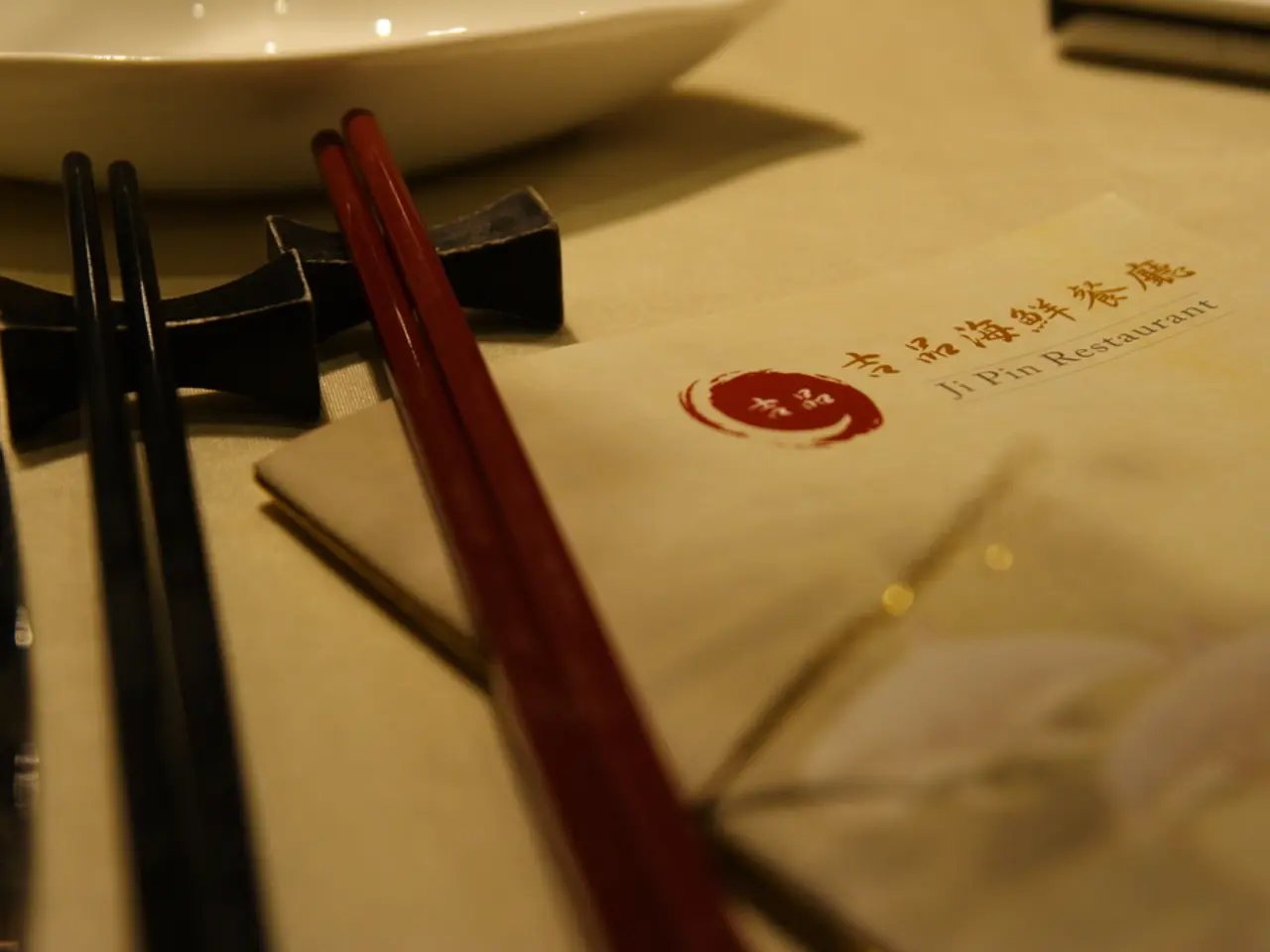Hong Kong equities cease their four-day ascending trend in response to lukewarm earnings reports and concerns over deflation in China.
China's Consumer and Producer Price Indexes for July 2025
China's Consumer Price Index (CPI) remained flat year-on-year (0.0% YoY) in July 2025, slightly better than the forecasted small decline. The Producer Price Index (PPI) fell by 3.6% YoY, marking the 34th consecutive month of producer deflation.
According to the data, urban CPI remained flat YoY, while rural CPI dropped 0.3%. Food prices fell by approximately 1.6%, while non-food prices rose marginally (around 0.3%). Core inflation, excluding volatile food and fuel prices, increased by 0.8% YoY, a 17-month high, mainly due to higher service prices.
The persistent decline in PPI reflects ongoing deflationary pressure on factory gate prices, influenced by weak demand, seasonal factors, and global trade uncertainties.
Impact on the Hang Seng Index (HSI)
The softer inflation suggests limited immediate pressure for the People's Bank of China to tighten monetary policy, which might be supportive for markets. However, persistent PPI deflation signals potential margin compression for producers, possibly dampening investor sentiment.
The Hang Seng Index (HSI) could be affected by this environment, as weak demand and persistent cost pressures in China’s economy can pressure corporate earnings, especially for manufacturing and export-related firms.
Uncertainty from global trade tensions and subdued economic momentum may weigh on the HSI, which is sensitive to mainland China's economic signals. Market strategists see Beijing’s policy measures targeting “disorderly competition” and supporting demand expansion, but these have yet to fully offset deflationary trends.
While stable CPI may prevent sharp market sell-offs from inflation fears, the ongoing producer price declines and weak demand environment could temper near-term optimism for the Hang Seng Index, leading to cautious or mixed market reactions.
Notable Stock Movements
- Wharf Real Estate Investment's stock price dropped 8.1% to HK$23.62 due to a 5% decrease in first-half operating profit from the previous year.
- Alibaba Group Holding's stock price dropped 2.4% to HK$116.30.
- Tencent Holdings' stock price slipped 1.1% to HK$561.
- The Hang Seng Tech Index dropped 1.6% on Friday.
- Chinese chipmaker Semiconductor Manufacturing International Corp's stock price fell 8.2% to HK$48.66 due to lower than expected net income for the second quarter.
- The Hang Seng Index closed at 24,858.82 on Friday, down by 0.9%.
[1] China's Consumer Price Index (CPI) for July 2025 [2] China's Producer Price Index (PPI) for July 2025 [3] China's Retail Sales, Fixed Asset Investment, and Industrial Production for July 2025 [4] China's Credit Data for July 2025 [5] China's Real Estate Price Index for July 2025
[1] The softening of China's Consumer Price Index (CPI) in July 2025, with a minor improvement compared to the forecasted small decline, might impact the monetary policy decisions.
[2] The persistent decline in China's Producer Price Index (PPI) for July 2025, marking the 34th consecutive month of producer deflation, could indicate potential margin compression for producers and potential market volatility.
[3] To further analyze the market sentiment, data on China's Retail Sales, Fixed Asset Investment, and Industrial Production for July 2025 would be valuable, as these indicators provide insights into consumer demand and overall economic growth.
[4] Given the current economic climate, tracking China's Credit Data for July 2025 could give a better understanding of the financing environment and its potential impact on business investments and economy.
[5] Lastly, assessing China's Real Estate Price Index for July 2025 may offer insights into the health of the property market, which is important for the overall economy and the financial sector. Such information could help investors in making informed decisions regarding their investing strategies in Chinese stocks and businesses.







